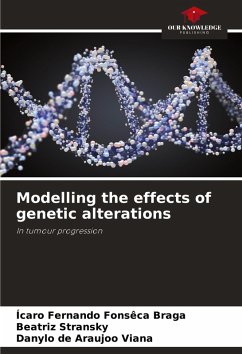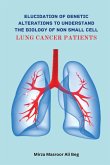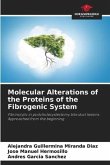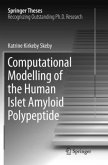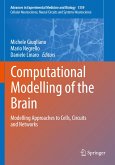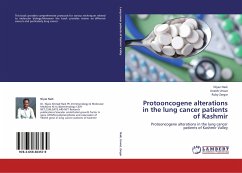Genetic alterations that predispose an individual to a particular cancer have been identified in studies carried out on a genome-wide scale. Cancer is the result of genetic alterations that give it adaptive advantages, such as the ability to metastasise. In this context, the successive mutations resulting from tumour growth provide an increase in the adaptive advantage of the cell that undergoes these mutations and result in the expansion of cancer. However, our understanding of aspects relating to the dynamics of replication, survival and evolution of the tumour cell population has not yet reached the level of the advances made in molecular genetics. In this final project, we used a mathematical model based on the stochastic branching process capable of relating tumour growth to the addition of driver mutations, which are responsible for this tumour growth, and to passenger mutations, which do not influence growth.
Bitte wählen Sie Ihr Anliegen aus.
Rechnungen
Retourenschein anfordern
Bestellstatus
Storno

